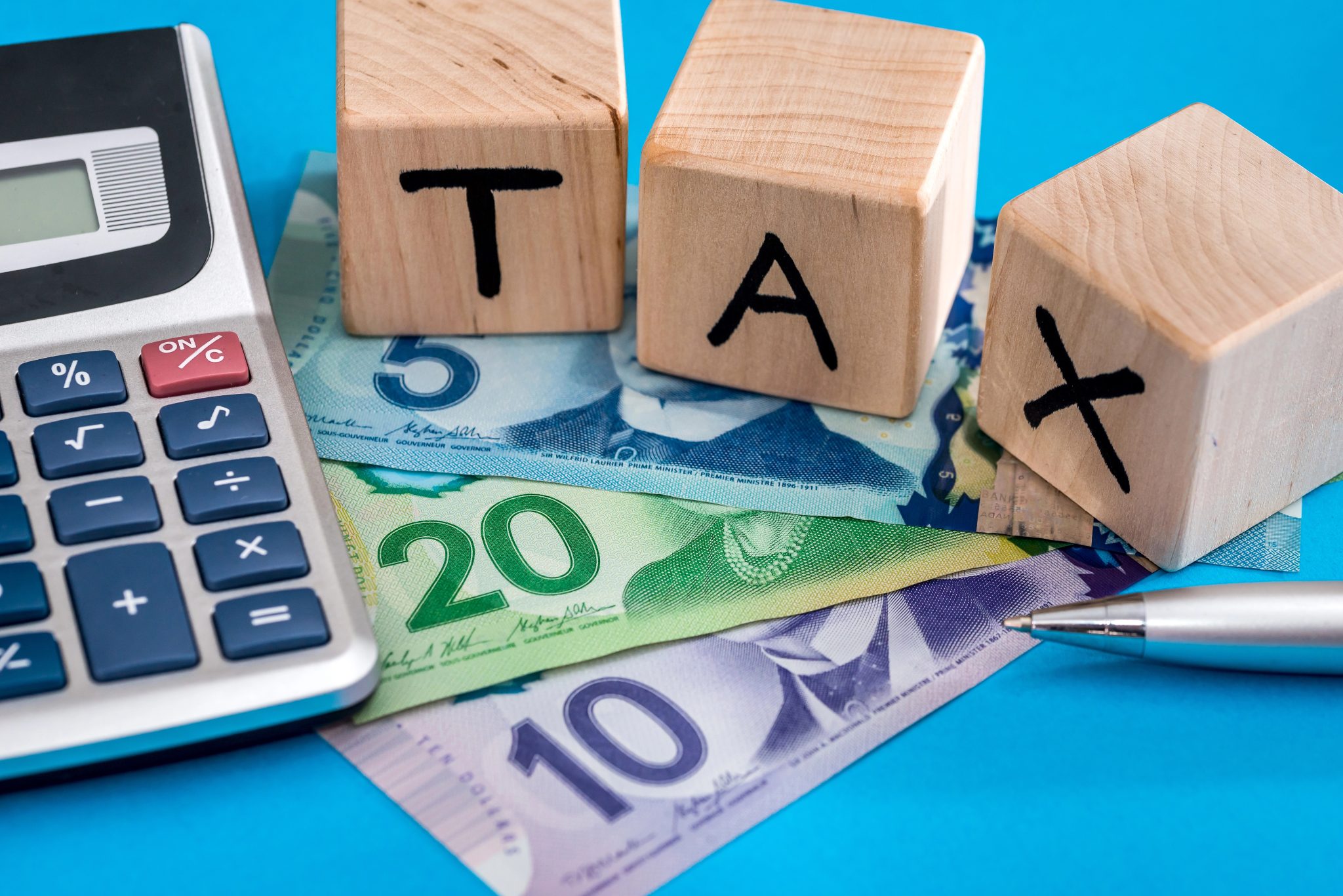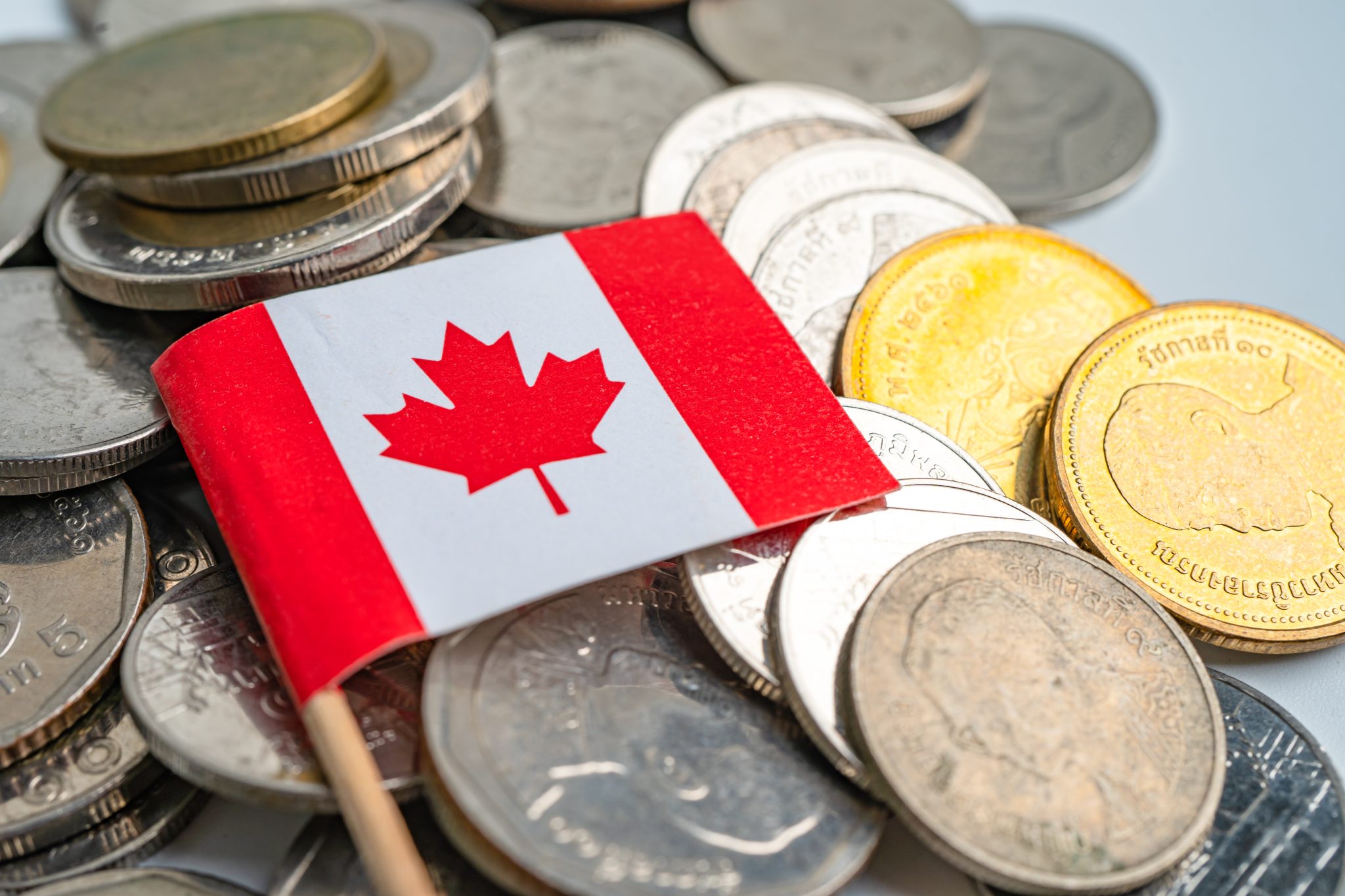After months of speculation and preparation, it looks like changes to Canada’s capital gains tax won’t happen. This is one of many last-minute pivots from the ruling Liberal government as it prepares for an upcoming federal election. With career economist Mark Carney at the helm, priorities and policies across the board have been revised – and arguably dialed down in aggressiveness – to better align with moderate voters.
Axing the original plan for capital gains taxes won’t come without implications, though. Numerically, the move means passing up $19.4 billion in tax revenue over five years. That additional income was a big part of former Prime Minister Justin Trudeau’s final federal budget announcement in 2024. As far as we know for now, things are back to the status quo. But what exactly is the status quo, and what are the implications for dental practices like yours going forward?
Table of Contents
ToggleThe Capital Gains Tax is Back to Normal, But What Does That Mean?
Capital gains tax is a type of tax levied on the profit made from selling an investment for more than its original value. In Canada, only 50% of capital gains are currently taxable. That means if you purchased your practice for $500,000 and later sold it for $1.5 million, you’d make a capital gain of $1 million, and only $500,000 of that total would be considered taxable income. The rest is take-home and tax-free.
The 50% inclusion rate has been a cornerstone of Canadian tax policy for decades. Proponents say it’s a good balance – enough to encourage entrepreneurship and investment while still generating reasonable tax revenue. Critics argue it disproportionately benefits the wealthy, who often derive more of their income from investments rather than work wages.
The previously proposed changes, which were set to take effect on June 25th of last year, would have increased the capital gains tax inclusion rate to 66.7% for gains over $250,000. That’s a good thing from the government’s perspective. The 2024 federal budget estimated a potential increased tax revenue of up to $19.4 billion over five years. Implementation plans were already in motion at the Canada Revenue Agency until Finance Minister Dominic LeBlanc announced a delay in January.

What Canadian Investors Need to Know in 2025
From tariffs to taxes, Canadians face a lot of uncertainty heading into 2025. The capital gains tax reverting ‘back to normal’ may prove to be a good thing for everyone’s sanity. However, it’s important to recognize that a few changes are still to come. Small business owners and investors can prepare by remaining cognizant of the following takeaways.
What’s Changing?
Increase in lifetime capital gains exemption for sales of small business shares and farming and fishing equipment to $1.25 million if the Liberals are re-elected.
New Prime Minister Mark Carney says he’s cancelling broader changes to the capital gains tax to encourage Canadian business owners to take risks with their capital rather than penalize success. Where the Trudeau government had positioned the capital gains increase as a matter of tax fairness, Carney’s team is framing their reversal as pro-business and pro-growth. The only exception will apply to sales of small business shares and farming and fishing equipment, both set to see an increase in exemption maximum to $1.25 million.
Of course, everything is contingent upon the results of this spring’s election. If incumbent Liberals win, they’ll maintain the 50% inclusion rate but will likely increase the lifetime capital gains exemption as promised. If Conservatives win, they may maintain the current inclusion rate but potentially introduce different tax reforms altogether. In either case, legislation won’t come until after the election.
What Isn’t Changing?
The 50% inclusion rate for capital gains will remain intact and the lifetime capital gains exemption (LCGE) for qualified small business corporation shares stays at its current level until further legislation is passed.
Dental practice owners will continue to benefit from only half of their practice sale profits being subject to taxation. Those who already paid higher capital gains taxes based on the previously proposed changes will get automatic refunds processed through reassessments.

Capital Gains Tax is Back to Normal — Here’s How Dental Tax Accountants Can Help You Plan Ahead
Even with the status quo maintained, every Canadian small business owner can benefit from continuous awareness of policy changes. Dental Tax is staying on top of what dental practices, small businesses, and Canadian investors need to know in 2025 and beyond. The value of professional expertise is now greater than ever. Get direct access to our team of action planners by becoming a client today.
Adam has an MBA from the Richard Ivey School of Business in London and also holds a Chartered Investment Manager designation.
- 2026 Tax Changes Affecting Canadian Dentists - January 5, 2026
- Financial Metrics Every Dental Practice Should Track - December 22, 2025
- Buying vs. Starting a Dental Practice: Financial Comparison - December 11, 2025




